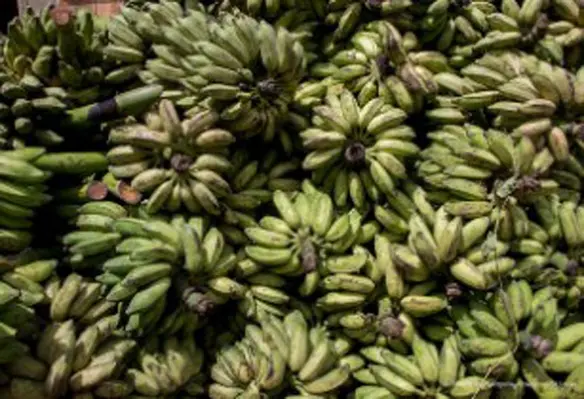FAO and its partners Bioversity International, the International Institute of Tropical Agriculture and the World Banana Forum have launched a global programme requiring US$98mn to manage Fusarium wilt strain, a disease that jeopardises livelihoods reliant on banana, the world’s most traded fruit
According to FAO, the fungus poses major risks to the world's banana production and could cause vast commercial losses and even greater damage to the livelihoods of the 400mn people who rely on it as a staple source of income.
Fusarium wilt TR4 was first detected in Southeast Asia in the 1990s and has now been identified at 19 sites in 10 countries, including the Near East, South Asia and Mozambique in sub-Saharan Africa. Scientists estimate that without a coordinated intervention, the disease could affect up to 1.6mn ha of current banana lands by 2040, which represents one-sixth of current global production with an estimated annual value of US$10bn.
FAO’s campaign is initially targeting 67 countries in a bid to prevent its spread and management. The programme aims to reduce the potentially affected area by up to 60 percent, said the UN organisation.
The five-year programme focuses on strengthening local technical capacities and supporting the development of new technologies and tools through research on biology and epidemiology of the fungus, its detection, surveillance, rapid containment actions, soil health and the development of resistant cultivars.
For areas where the disease is not present or first appears, FAO’s programme seeks to develop inspection, surveillance and rapid response measures. In places where it is already traced, an improved and integrated disease management technique will be developed.
“If effectively rolled out, it is estimated that every US$ one invested in the programme today will produce benefits of between US$98 and US$196 in 20 years' time,” said FAO in a statement.
Hans Dreyer, director of plant production and protection division of FAO, said, “We need to move quickly to prevent its further spread from where it is right now and to support already affected countries in their efforts to cope with the disease.”
“The long term resilience of banana production systems can only be improved through continuous monitoring, robust containment strategies, strengthening national capacities and enhancing international collaboration to deploy integrated disease management approaches," Dreyer explained.





